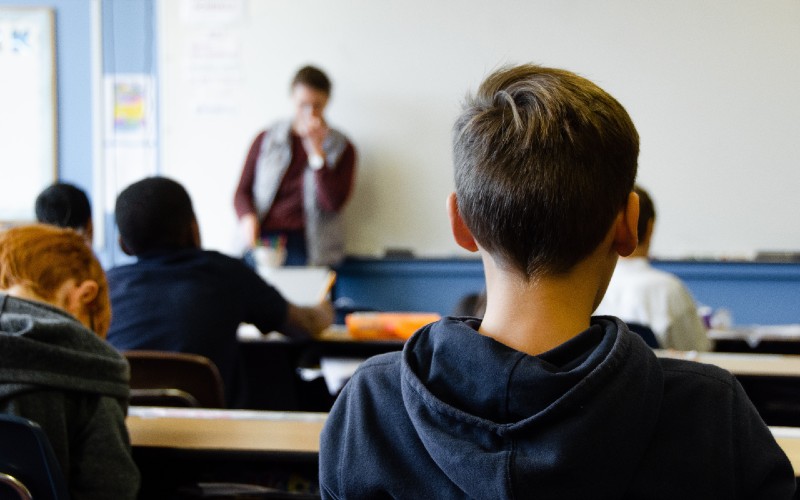Earlier this month, the high school and college students and other advocates – part of the Minneapolis-based Climate Generation – called on the Minnesota Youth Council to support a bill (H.F. 2297) requiring schools to teach more about climate change. They claimed the topic is only "brushed on" – and they say that's insufficient. They would like the topic woven into more subjects.
AFN spoke with Bonner Cohen, senior policy analyst with the Committee for a Constructive Tomorrow. He argues that those calling for the change did not have facts or data to back up their concerns.

"[They offered] no perspective whatsoever, no data, no attempt to ask ourselves Are we really seeing things today that our ancestors did not see in the past … much less, what the earth experienced long before human beings ever came along?"
According to Cohen, fear is a key strategy the climate crowd uses to bring about change.
"[They believe] we must be scared to death [and] be stampeded into doing something we would not otherwise do," he explains. "And that means unleash a scare campaign the likes of which we've never seen before – and we are currently in the midst of such a campaign."
Cohen says fortunately some school districts around the country are turning down books inaccurately promoting climate change. For example, the board of education in Texas has taken that step. And in Florida, school materials deny climate change.
Minnesota House Bill H.F. 2297 – first introduced in the 2023 session – would require schools to implement a "climate justice" education program for students in elementary and secondary schools. Further, it would require the state commissioner of education to make a model program available to schools, and to report to the legislature on the program.
The bill did not advance in the House last year – and it hasn yet to advance this year.







